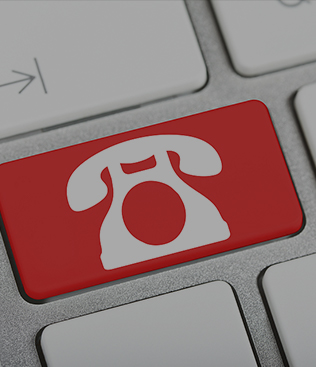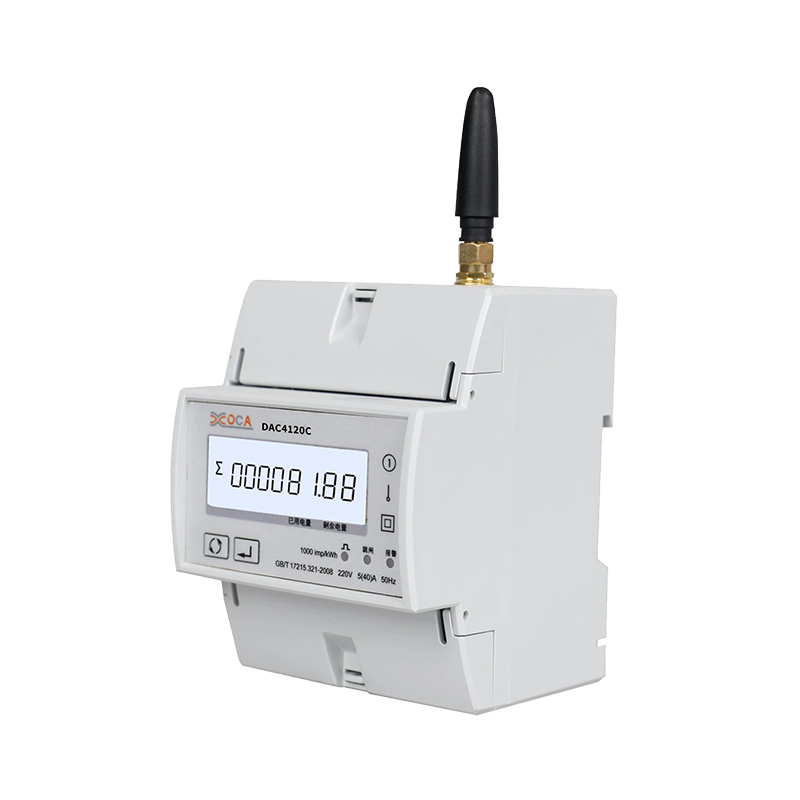Choosing the right electricity meter can help you monitor energy usage, save costs, and improve efficiency. With options like Smart Electricity Meters, Digital Electricity Meters, and advanced models for homes, it's important to understand their differences.
DAC4121C Prepaid Relay Single Phase Multi-function WIFI Communication DIN rail Electric Meter
1. Smart Electricity Meter: Real-Time Tracking & Automation
Smart electricity meters are advanced devices that provide real-time energy consumption data and can communicate directly with utility providers.
Key Features:
Automated readings – No need for manual checks.
Remote monitoring via mobile apps.
Peak/off-peak usage insights to optimize bills.
Two-way communication (supports dynamic pricing).
Best For:
Tech-savvy households.
Those looking to reduce energy waste.
Areas with smart grid compatibility.
2. Digital Electricity Meter: Accurate & Reliable
Digital electricity meters replace traditional analog dials with LCD displays for precise readings.
Key Features:
Clear digital display (no estimation errors).
Basic energy tracking (no smart connectivity).
Long lifespan & low maintenance.
Best For:
Homeowners who prefer simplicity.
Budget-conscious users (often cheaper than smart meters).
Areas without smart grid infrastructure.
3. Best Electricity Meter for Home: Key Considerations
When selecting the best meter for your home, consider:
Comparison Table
| Feature | Smart Meter | Digital Meter |
|---|---|---|
| Real-Time Data | Yes | No |
| Remote Access | Yes | No |
| Installation Cost | Higher | Lower |
| Energy Savings Potential | High | Moderate |
| Compatibility with Smart Grids | Yes | No |
| Maintenance Requirements | Low | Very Low |
What to Choose?
For maximum efficiency & savings → Smart meter.
For basic accuracy & affordability → Digital meter.


 English
English 中文简体
中文简体







